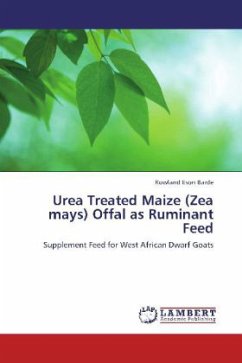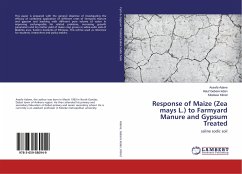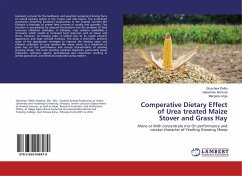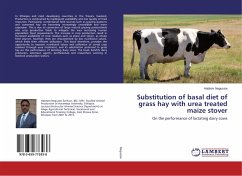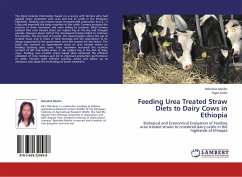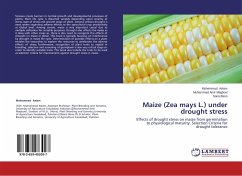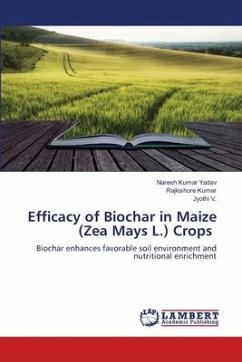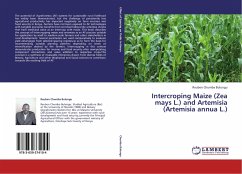About 85% of the small-holder farmers in Nigeria keep West African Dwarf (WAD) goats exploiting their ability to convert roughage to edible meat. WAD goats grazing natural herbage were supplemented with different levels of urea treated maize offal to determine their performance, benefit and nutrients digestibility. The maize offal were treated at 0, 4, 6 and 8% of urea. Twenty WAD bucks aged between 7 and 9 months weighing 8.7 ±1.5kg were randomly allocated to the supplementary diets in a completely randomized design format lasting 84 days to determine the effect of the supplementation. Significant (P0.05) mean weight gained of 5.30kg was recorded for goats on 4% urea treated maize offal; Similarly, lowest (P0.05) feed conversion ratio of 7.28 was obtained,better benefit of 3,170 naira per live weight gain and Significant (P0.05) crude protein digestibility (91.04%) were also recorded for goats on the same 4% urea treated maize offal supplement. Urea treated maize offal as feed supplement for WAD goats grazing natural herbage could be economically attractive to the small-holder farmer in the developing world.

